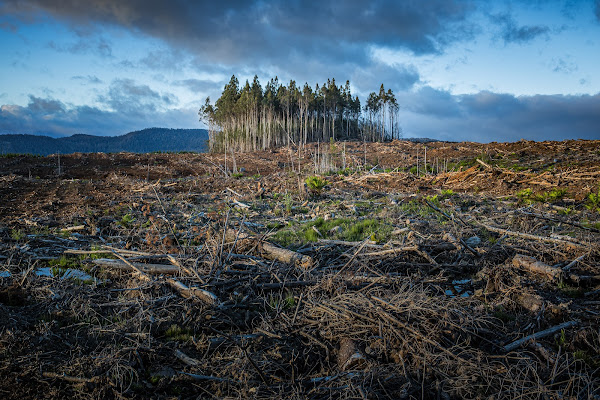Embracing Sustainability: Navigating the Path to a Greener Future
In recent years, the urgency to address sustainability and combat climate change has reached unprecedented levels. With rising temperatures, extreme weather events, and ecological imbalances, the need for collective action has never been more apparent. In this article, we delve into the importance of sustainability and explore practical steps individuals, communities, and businesses can take to contribute to a greener future.
Understanding Climate Change:
To effectively tackle the complex issue of climate change, it is crucial to have a comprehensive understanding of its causes and impacts. We explore the primary drivers of climate change, including greenhouse gas emissions from burning fossil fuels, deforestation, and industrial activities. By delving into the consequences of climate change, such as rising global temperatures, melting ice caps, more frequent and severe extreme weather events, and disruptions to ecosystems and biodiversity, we highlight the urgent need for action.
The Role of Sustainable Living:
Individual actions play a critical role in addressing climate change. We emphasize the importance of sustainable living practices that reduce carbon footprints and promote environmentally responsible choices. By conserving energy, adopting renewable energy sources, minimizing waste, practicing water conservation, and embracing eco-friendly transportation options, individuals can contribute significantly to mitigating climate change. We also explore sustainable consumer choices, such as supporting companies with strong environmental values and opting for products with minimal environmental impact.
Renewable Energy and Clean Technologies:
Transitioning from fossil fuels to renewable energy sources is vital in combatting climate change. We delve into the importance of renewable energy technologies like solar, wind, hydroelectric, and geothermal power, which offer sustainable alternatives to conventional energy sources. Additionally, we discuss the advancements in clean technologies, such as energy-efficient buildings, smart grids, and electric vehicles, which can significantly reduce greenhouse gas emissions and promote a sustainable energy future.
Sustainable Agriculture and Food Systems:
The agricultural sector is a significant contributor to climate change, but it also presents opportunities for sustainable practices. We explore the concept of sustainable agriculture, including organic farming, agroforestry, and regenerative practices that promote soil health and biodiversity. We highlight the importance of sustainable food systems that prioritize local and seasonal produce, reduce food waste, promote agroecology, and encourage plant-based diets as a means to reduce the environmental impact of the food industry.
The Role of Businesses and Industries:
Businesses and industries have a profound influence on climate change through their operations, supply chains, and products. We delve into the importance of corporate sustainability practices, including adopting green technologies, implementing circular economy models, and ensuring responsible sourcing and manufacturing. By integrating sustainability into their core strategies and embracing environmental stewardship, businesses can drive positive change and contribute to the transition towards a low-carbon and resource-efficient economy.
Collective Action and Policy Changes:
Addressing climate change requires collective action and policy changes at all levels. We discuss the significance of international agreements, such as the Paris Agreement, which aim to limit global warming and promote climate resilience. We emphasize the need for governments to set ambitious targets, implement effective policies, and provide incentives for sustainable practices. Additionally, we recognize the power of grassroots movements, activism, and public engagement in driving societal change and pushing for stronger climate action.
Sustainability and combating climate change are challenges that demand immediate attention and action from all sectors of society. By understanding the urgency, embracing sustainable living practices, supporting renewable energy, promoting responsible consumption, and advocating for policy changes, we can create a greener future for generations to come. Together, we have the power to shape a sustainable and resilient world that thrives in harmony with nature. Let us embark on this journey, united in our commitment to a better tomorrow.



Comments
Post a Comment